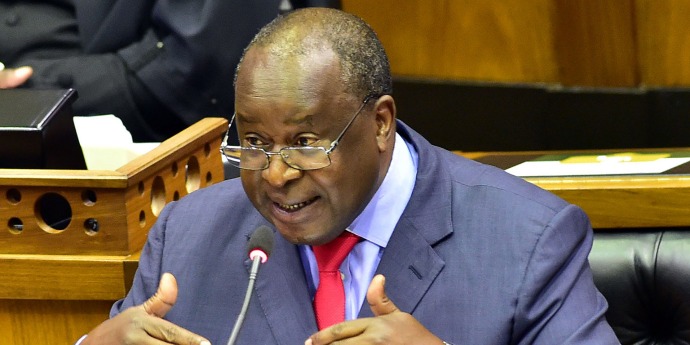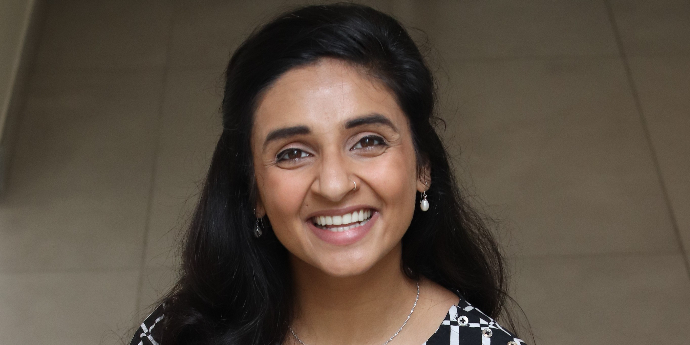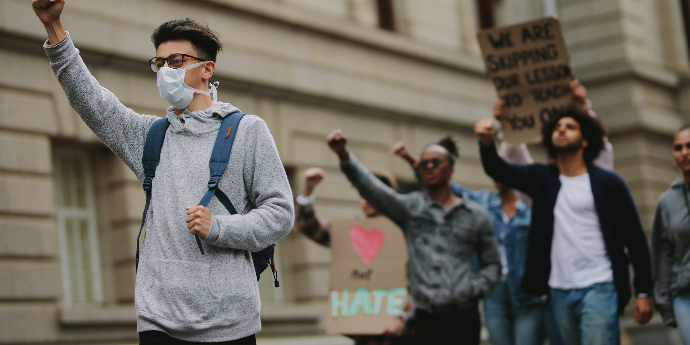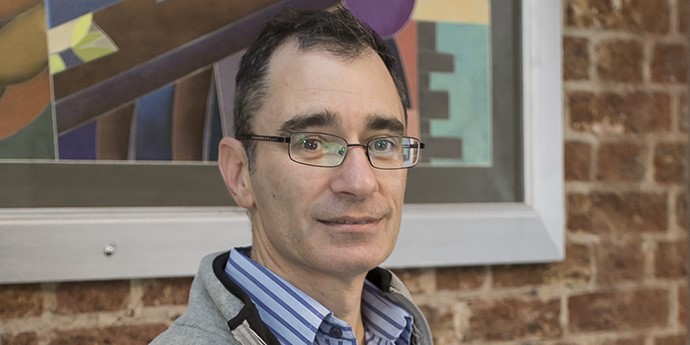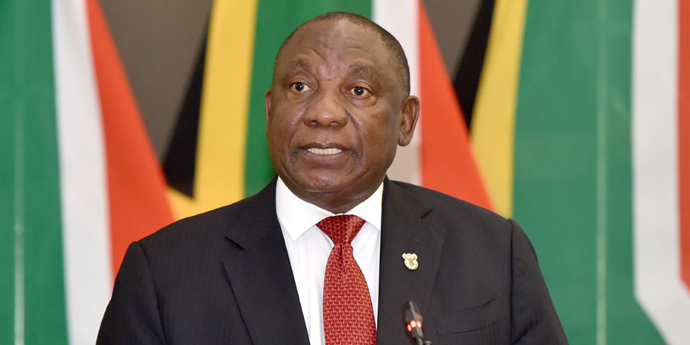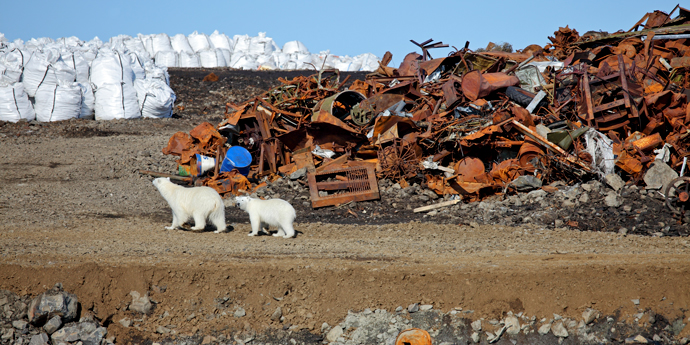Young people are growing tired of vague targets and empty promises made by successive governments since 1994. Now we need decisive leadership and quick action to drive change.
When SA transitioned from apartheid to democracy in 1994, expectations were high that the country’s economy would boom resulting in prosperity for all.
The democratic era was expected to create stability, jobs, and eradicate poverty and inequality. However, despite some successes in the area of macroeconomic management especially in the early 90s, and the delivery of social and physical infrastructure, government has for the most part failed to address other pressing issues, not least the unemployment and inequality crisis which has been described by many as a ticking time bomb.
SA continues to grapple with a high unemployment rate with joblessness now at about 27% - with young people the worst affected. Among young people aged 15—34 unemployment is a stark 55%. To put the crisis into perspective, SA is the worst performer among its BRICS peers (Brazil, Russia, India and China) in terms of addressing unemployment. Brazil's unemployment is at about 13%, Russia's stands at roughly 6%, India's is close to 8%, while China's is around 5%.
The situation is untenable, and threatens SA’s stability. Indeed, with unemployment remaining stubbornly high and government struggling to reduce poverty and inequality, protests have become commonplace across the country.
The world's most unequal society
The #FeesMustFall movement, which initially erupted in 2015, revealed that young people are growing impatient with the status quo. While the protests were largely seen as a campaign for free higher education, they essentially also brought to the fore the many frustrations that young people have had to deal with since the dawn of democracy: unemployment, poverty, and the growing inequality. A World Bank report published in 2018 stated that SA was the most unequal society in the world.
“Inequality has increased since the end of apartheid in 1994,” the report stated, highlighting that race still affects the ability to find a job, as well as the wages received once employed. According to the report, many of the challenges identified, such as insufficient skills for employment, are linked to SA’s long history of exclusion.
As Rekgotsofetse (Kgotsi) Chikane, one of the leaders of the #FeesMustFall protests recently said: “Young people are fighting against systemic economic oppression and exclusion. You cannot have a country with [massive] youth unemployment and think that we are living in a normal economy.”
Referencing the student protests of 1976, Chikane pointed out at a recent event hosted by the University of Cape Town Graduate School of Business (GSB) that the #FeesMustFall protests also effectively managed to highlight to the whole country that, while “they [the older generation] might have accepted the status quo” of high youth unemployment, systemic poverty and the systematic maintenance of income inequality, young people haven’t and are prepared to forcefully change society should the need arise.
Improving the education sector is key
President Cyril Ramaphosa, who took his oath of office last month, has a massive job on his hands to build a future for the youth in this country. Reducing unemployment should be top priority for Ramaphosa’s new administration. So, how does he go about it? Clearly business-as-usual is not an option.
Undoubtedly, re-doubling efforts to boost economic growth is the first critical step to take if SA is to cut the unemployment rate. The contraction in our GDP by 3.2% for the first quarter of this year does not bode well to achieve the goals in the National Development Plan which requires average annual GDP growth of 5.4% to 2030. The country needs to explore ways to both train and upskill jobseekers‚ while concurrently driving innovation-driven growth.
Without a sound education system, opportunities are markedly reduced. Thus, improving the education sector, particularly early childhood development and primary education, will be key in preparing the youth to cope better with higher learning, which will improve their chances of getting employed. Stats SA recently highlighted that the graduate unemployment rate is still lower than the rate among those with other educational levels, meaning that education is still the key to young people’s prospects of getting a job.
Invest in innovation
But education isn’t enough if there are no jobs. In the absence of economic expansion all we will have is more highly-trained unemployed youth. What we need is a marked increase in innovation that leads to new technologies, products or services. We need greater availability of capital for new ventures, greater investment in support networks for entrepreneurs and an opening of markets to small business, one of the biggest constraints entrepreneurs face. We need to move beyond BEE transactions that only transfer wealth, to investments in innovation that creates wealth. New business ventures and employment opportunities will follow.
Encouraging entrepreneurship and creating a conducive environment to attract investment and allow business to thrive will be key in the drive to address unemployment, poverty, and inequality. Very often SA’s policies have had a negative effect on entrepreneurship by raising the cost of doing business which has dampened job creation.
Incubate businesses that can deliver rapid growth
Government cannot go it alone, however, and will need all the support from the private sector and civil society. We need bolder leadership and vision to create new markets, domestically and globally, for South African inventors and innovators. We need to stop protecting our low-growth industries and instead start incubating businesses that can redefine these industries to deliver rapid growth. A lot more still has to be done to ensure a much more prosperous and inclusive SA which will allow young people to reach their full potential. The road ahead will be difficult, but the challenges we face are not insurmountable. What is required now is strong, responsible leadership, and quick action; not just words and promises.
Athol Williams is a senior lecturer in the Allan Gray Centre for Values-Based Leadership, specialising in Corporate Responsibility and Ethical Leadership at the UCT GSB. He was in conversation with Rekgotsofetse (Kgotsi) Chikane earlier in May about his book titled “Breaking A Rainbow, Building A Nation The Politics Behind #Mustfall Movements”. The book provides a first-hand account of the nature of student politics in the country before, during and after the emergence of #MustFall protests.





